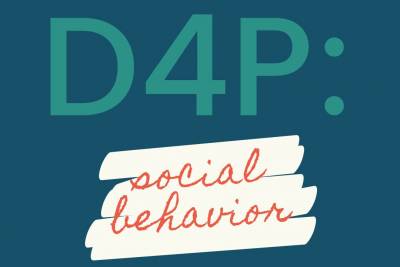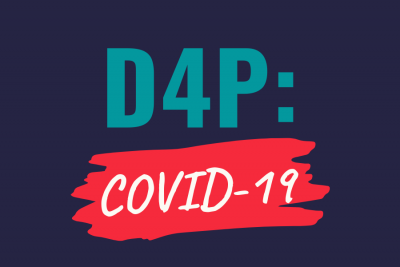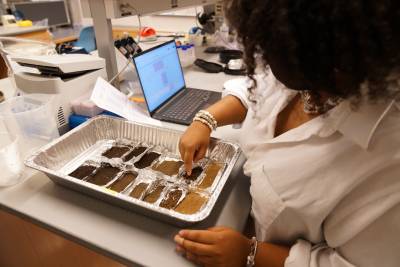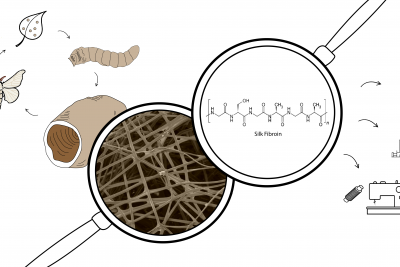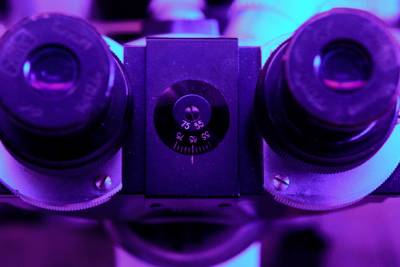What social factors do we need to consider when conducting research on humans?
For as long as humans have been around, we’ve sought to understand how our bodies work and get better at healing our illnesses. While this curiosity has enabled some life-changing discoveries, including antibiotics and vaccines for once deadly infections, many diseases still elude our grasp.
During this season of D4P, we explored the science of how we study ourselves, and how our complexity, both as biological systems and as people with unique lives and identities, creates challenges and opportunities for improving human health. We drew throughlines from the past to the present, examining how historical biases and power structures have influenced the way scientific knowledge is generated, valued, and transformed into medical advances. Drawing from recent research, we considered the question “how do we study ourselves?” through topics like the ethics of genome sequencing studies, the rationale for gender- and race-balanced clinical trials, and the role of social inequities in healthcare access and outcomes. We also explored new, innovative practices–from designing experiments that more closely match our biology to uniting patients and scientists in the study of rare diseases–to ask the next, even more important question: “how do we get better at it?”
About Our D4P Fellow
Angela Lee
Angela is a PhD Candidate in the Immunology and Microbial Pathogenesis program at Weill Cornell Medicine (WCM). Here, she studies the role of Type I IFNs on macrophage cell death upon Mycobacterium tuberculosis (Mtb) infection in the laboratory of Dr. Carl Nathan. Because Mtb grows in necrotic macrophages, understanding the mechanisms that lead to macrophage cell death may better inform potential host-directed therapies. Before starting the PhD program at WCM, Angela obtained a Master’s in Integrated Immunology at the University of Oxford and worked at the National Institutes of Health (NIH) as a post-bac. In both institutions, she studied another immune cell, called T cells, and their response to varying antigen affinities in hopes of optimizing cancer immunotherapies. In her free time, Angela likes to cook, dance, and paint.
Luz Jubierre Zapatar
Originally from Spain, Luz is now a postdoctoral researcher at Memorial Sloan Kettering Cancer Center in the laboratory of Dr. Kentsis. Where she studies the genetics of neuronal diversity during brain development and how this process sometimes goes wrong and produces cancer in children. Before this, she obtained her Ph.D. at Vall d’Hebron Hospital in Barcelona, under the
supervision of Dr. Miguel Segura. In her thesis, she focused on the development of new epigenetic therapies for high-risk neuroblastomas, a type of very aggressive childhood tumors derived from neuronal lineage progenitors. Along with her passion for science, Luz also has a deep love for music, being herself a pianist and a singer, she loves to spend her free time at Carnegie Hall, the Met Opera, and many jazz clubs around the city.


